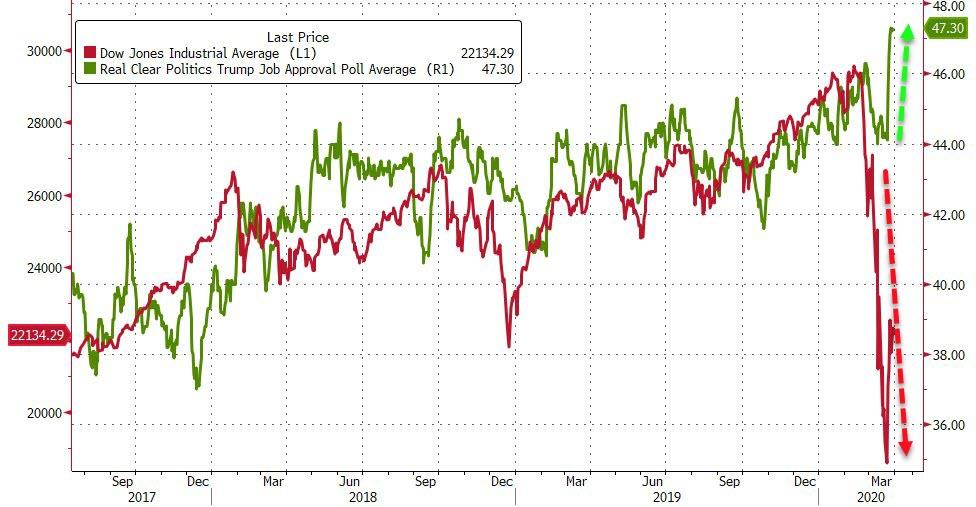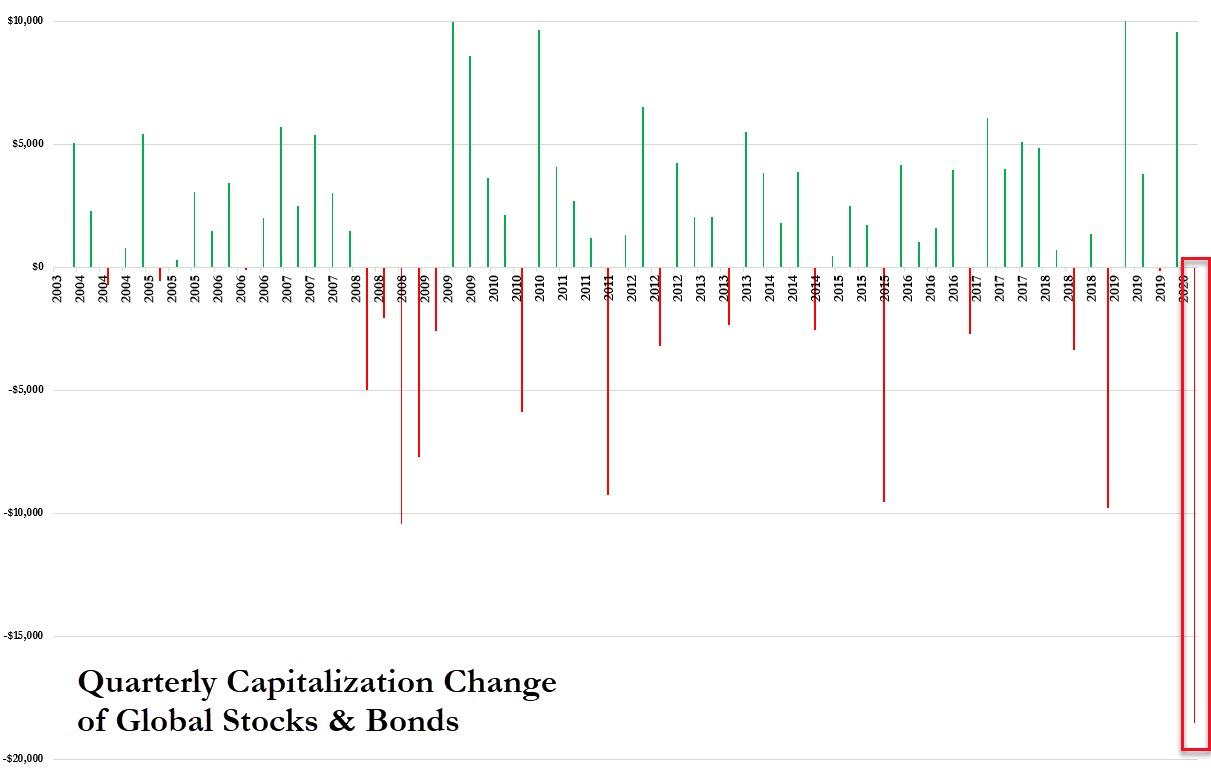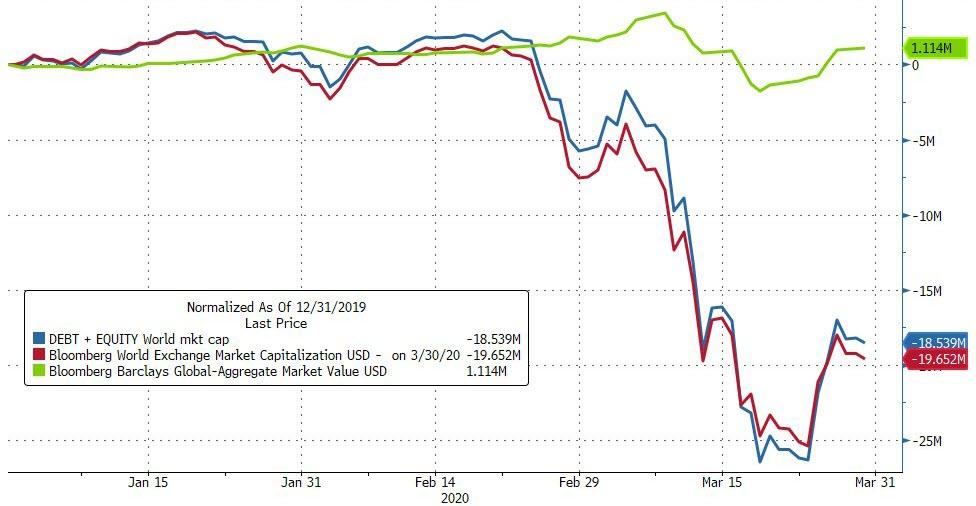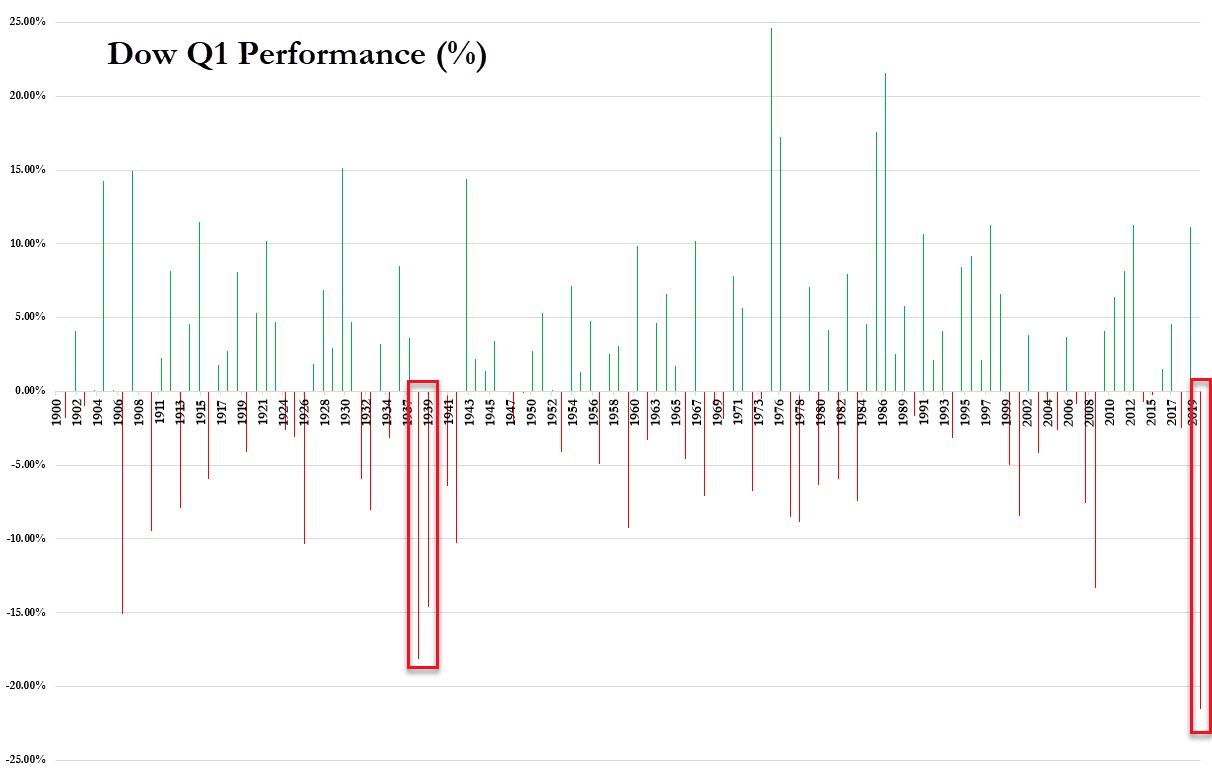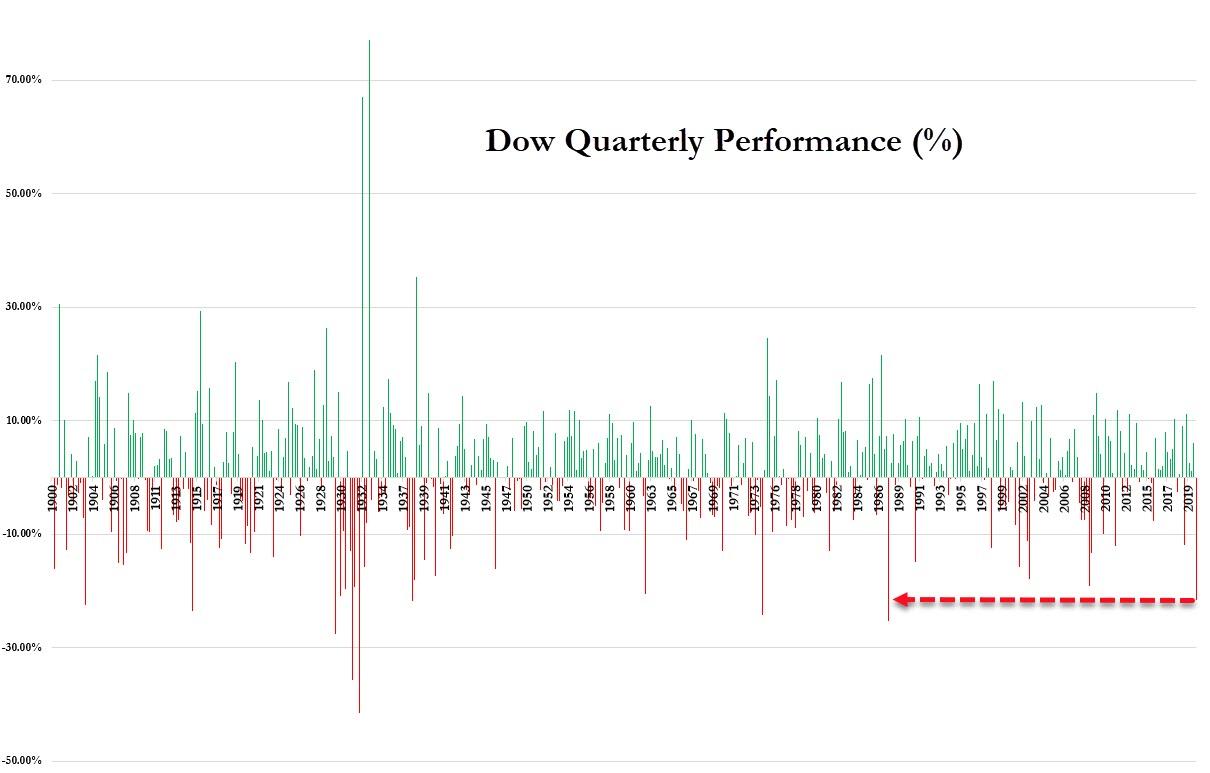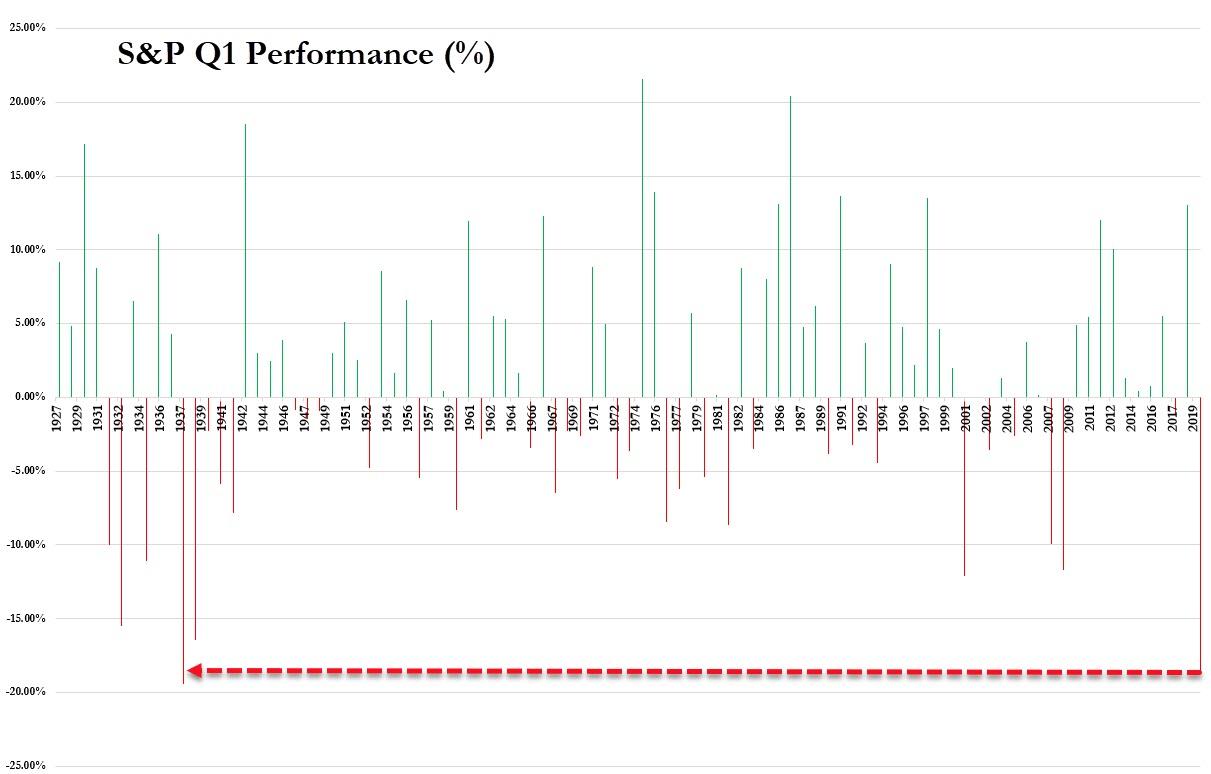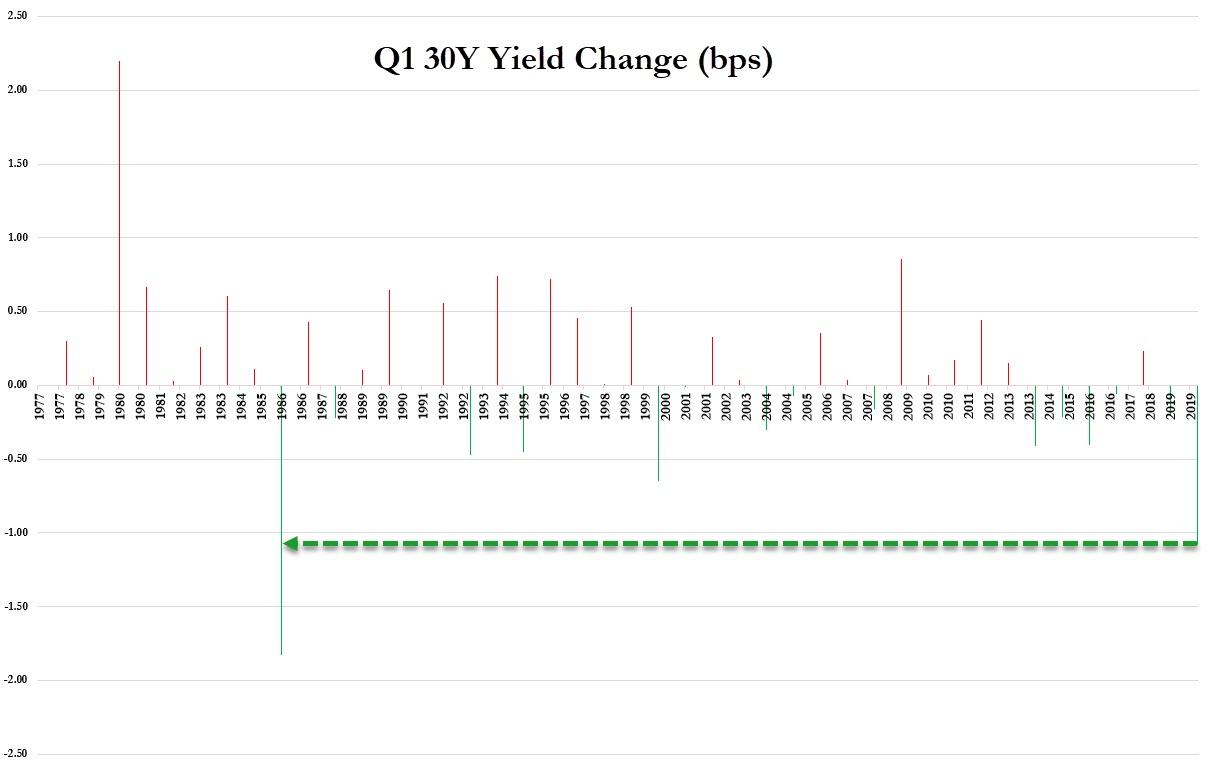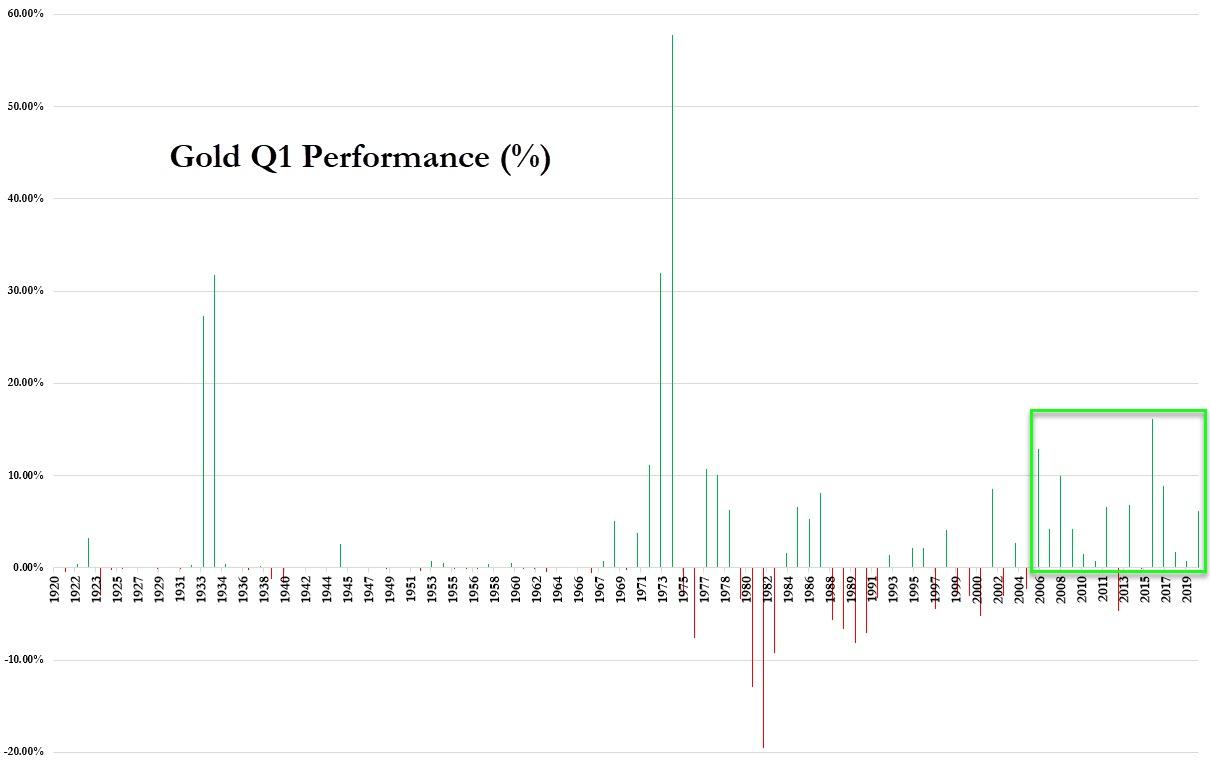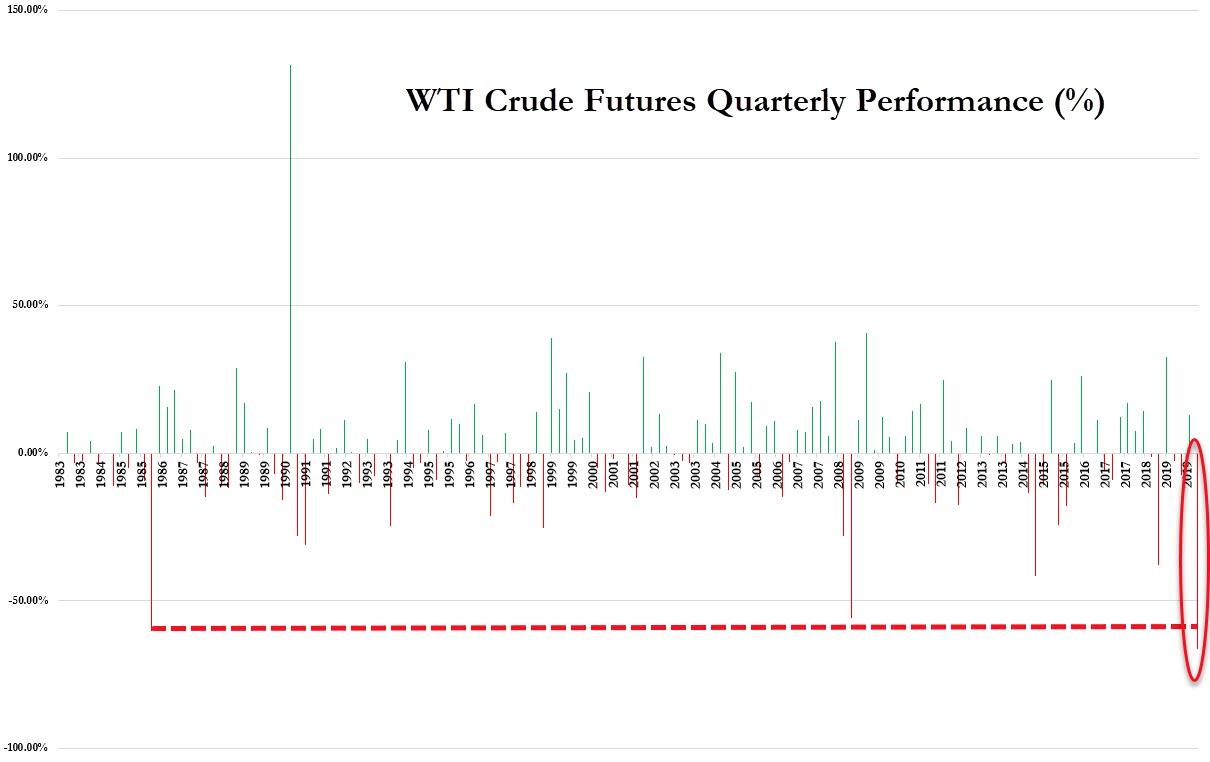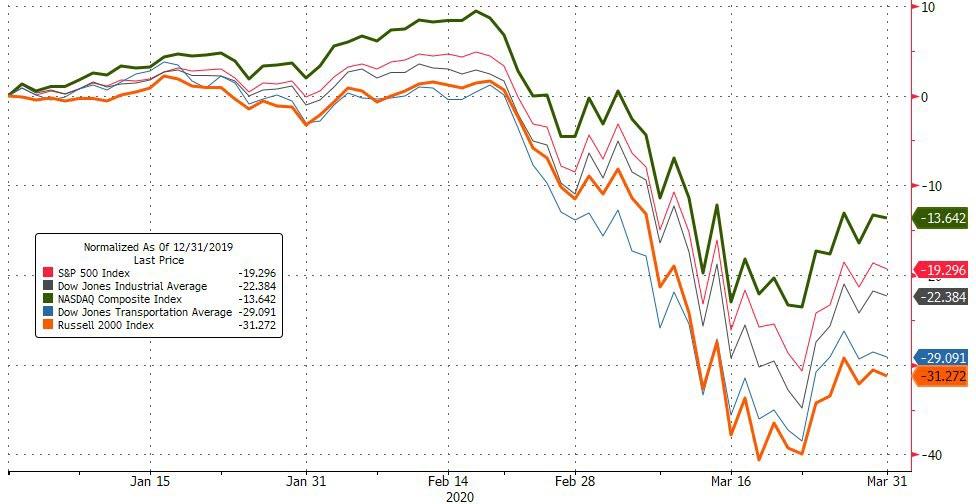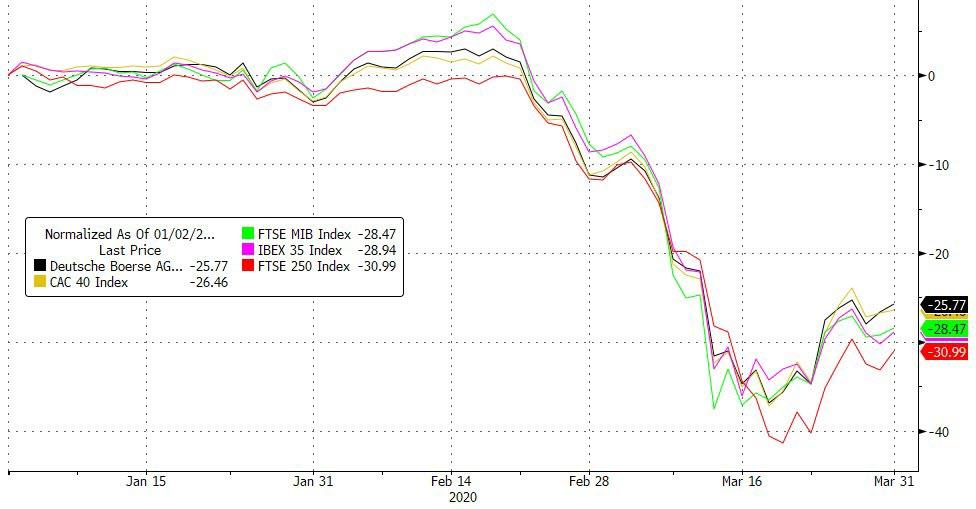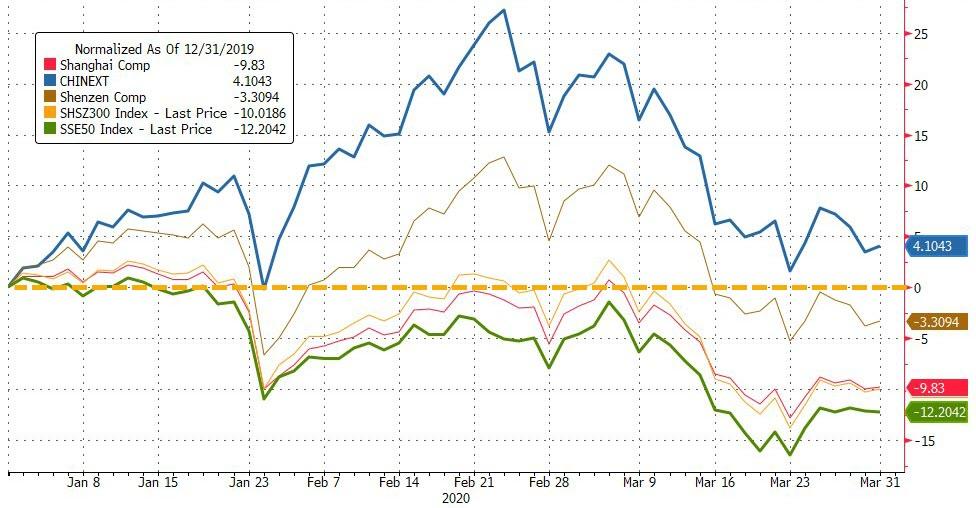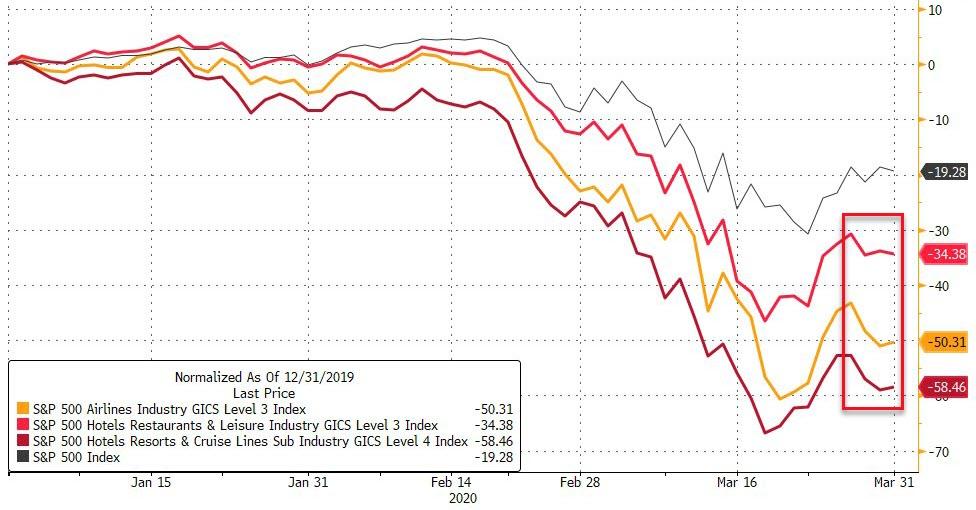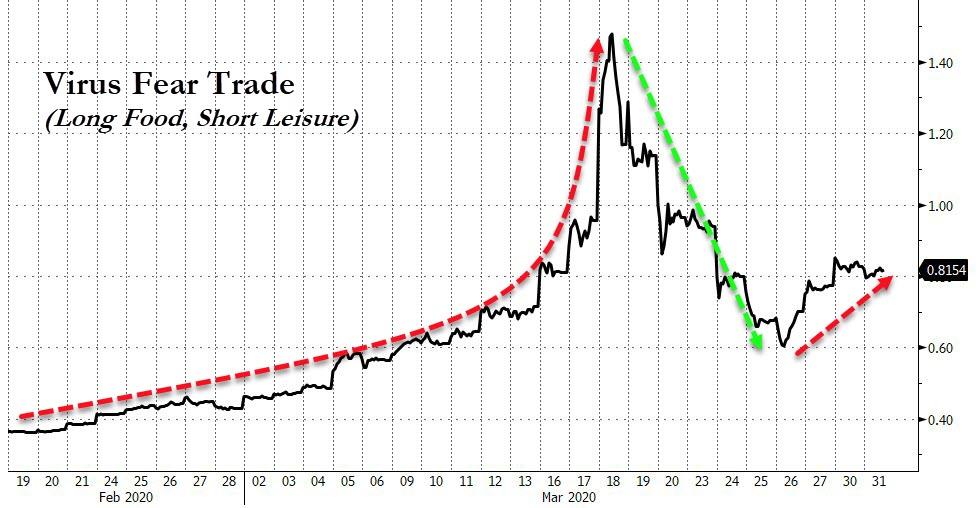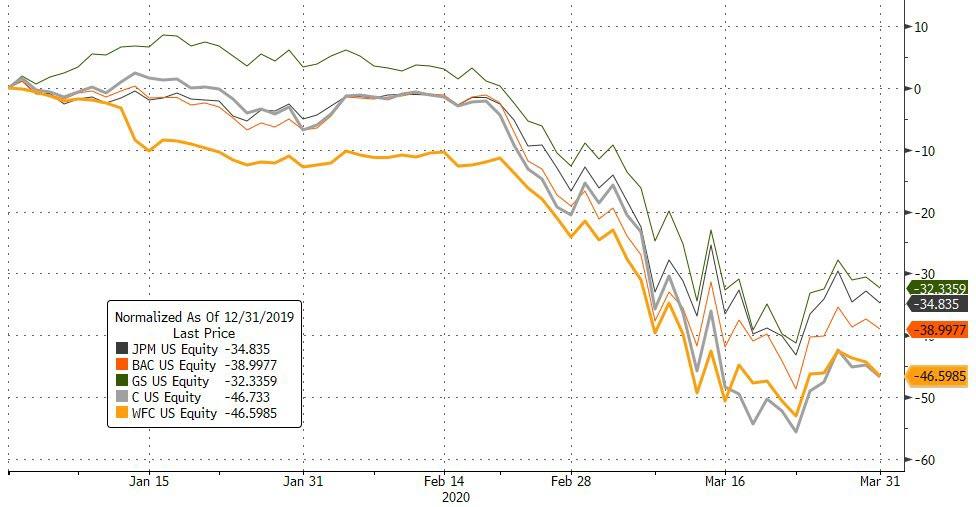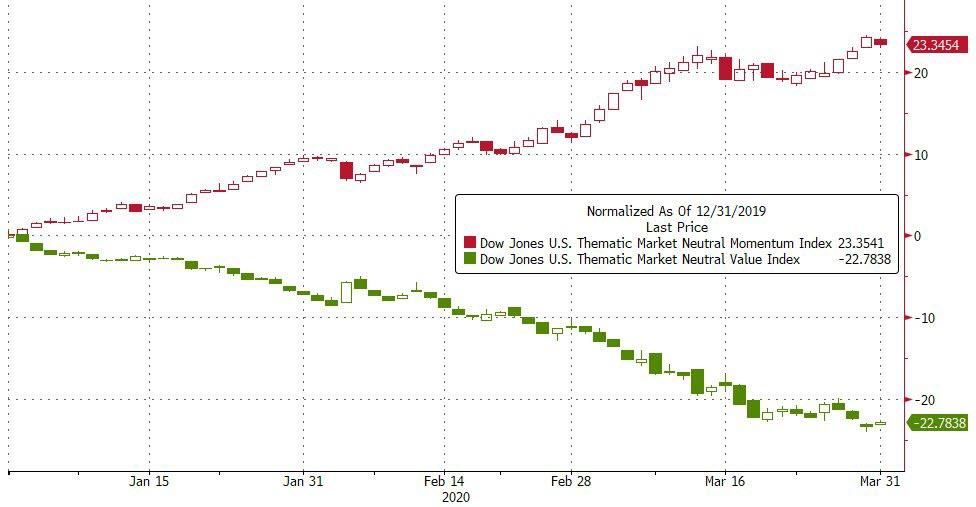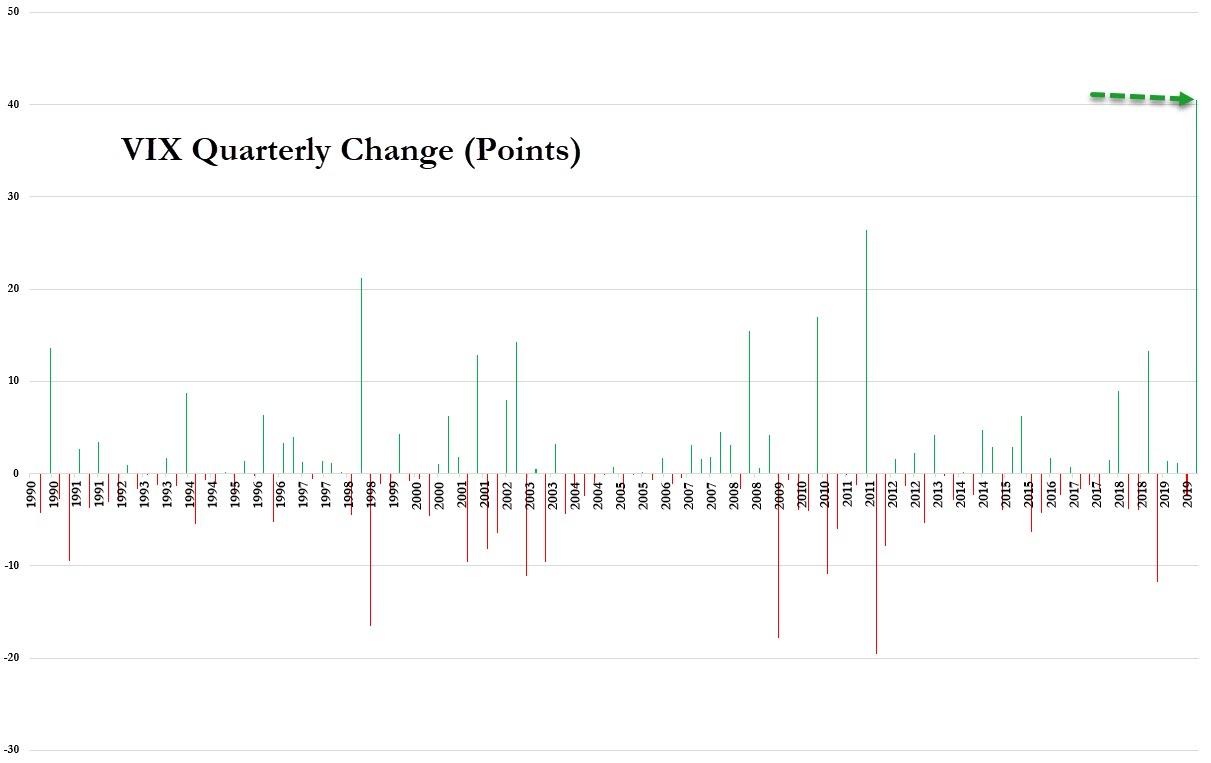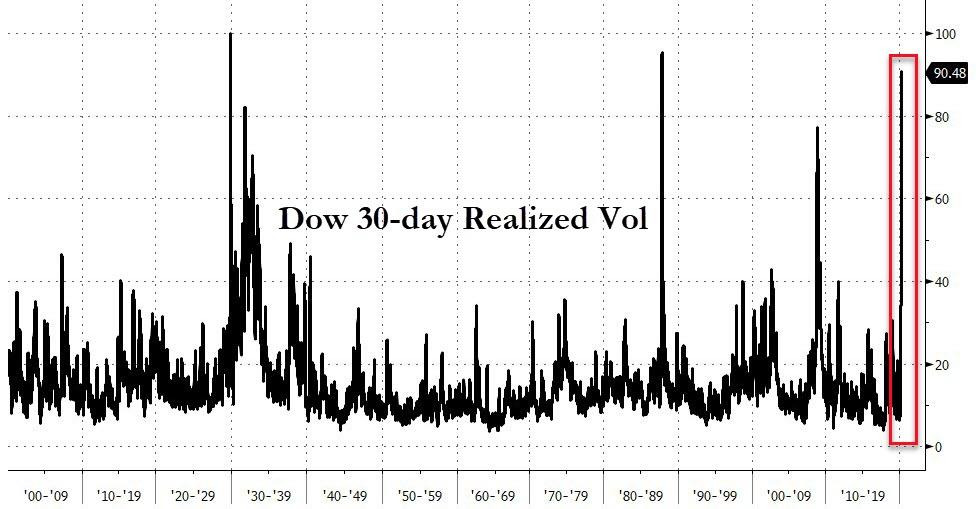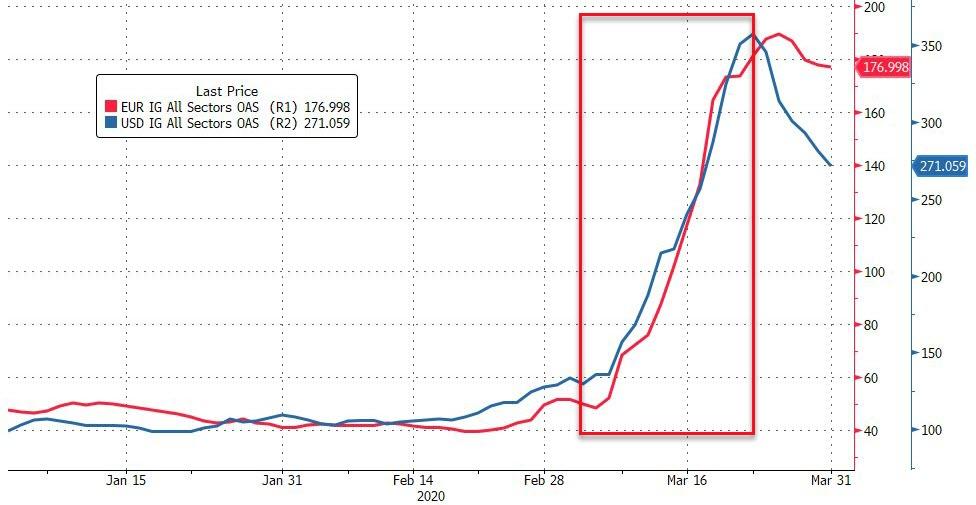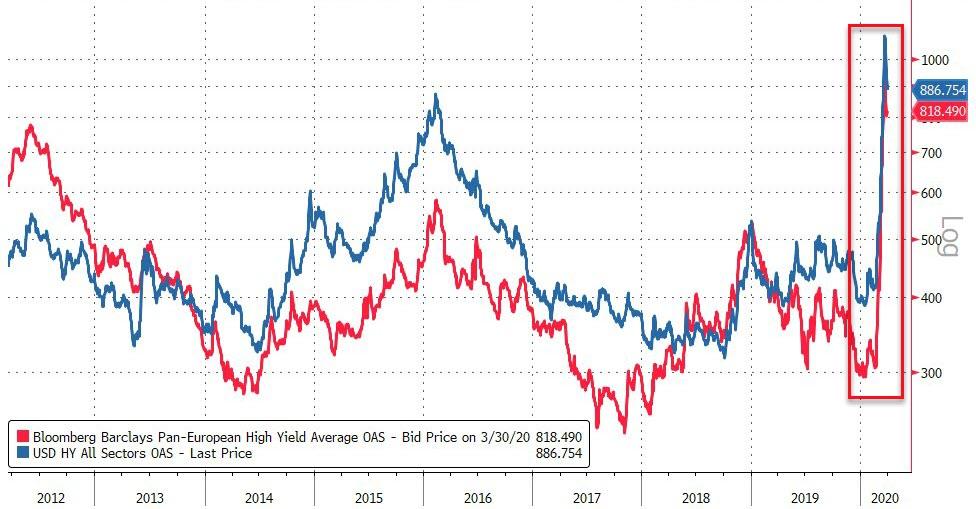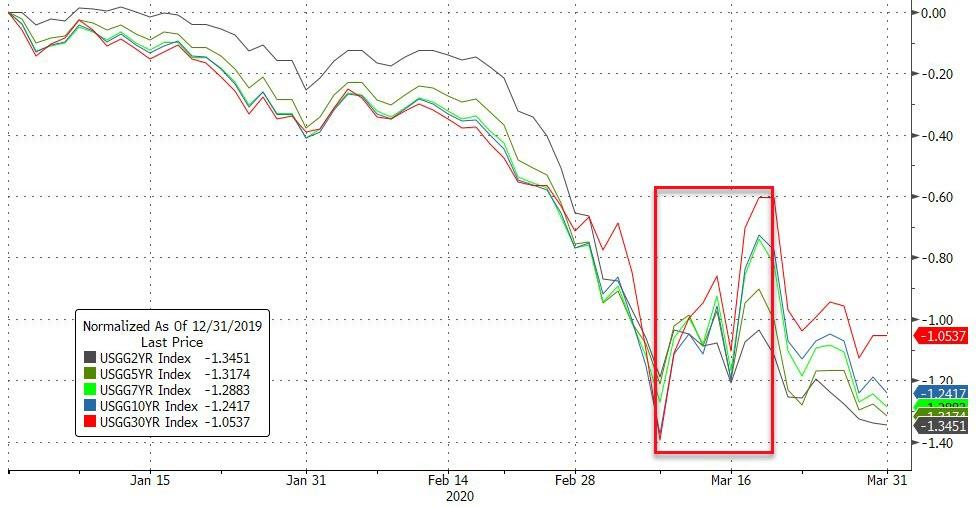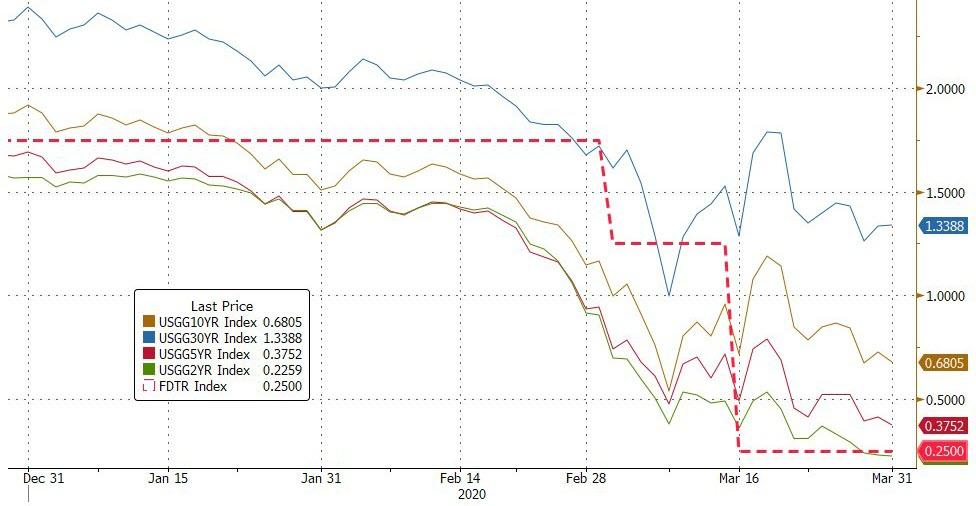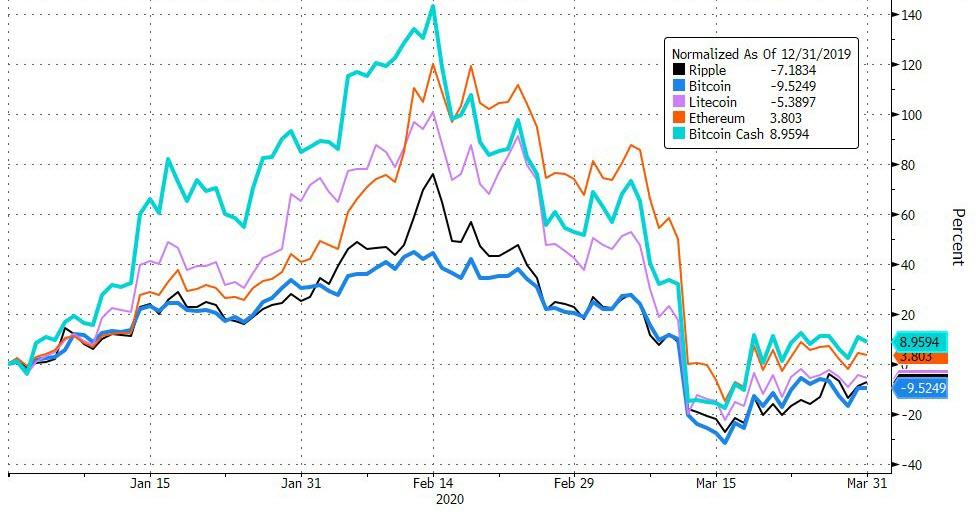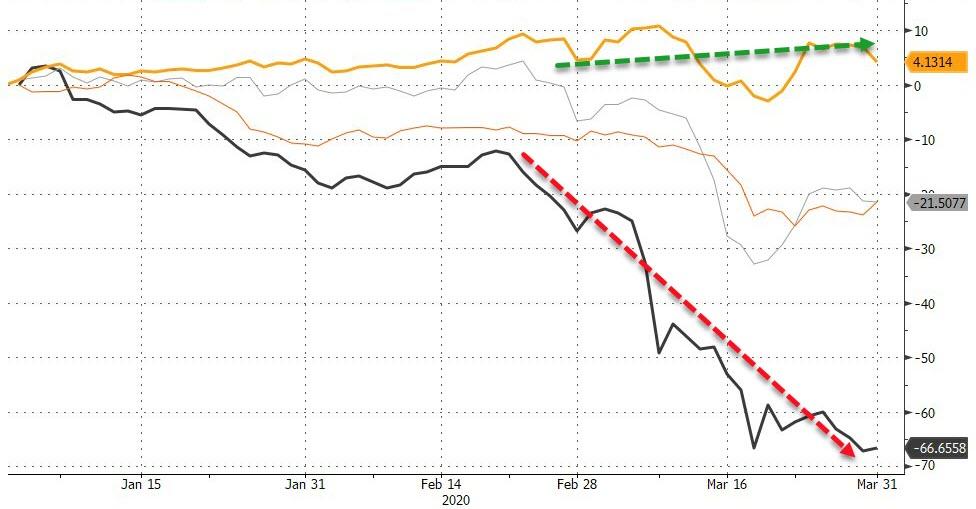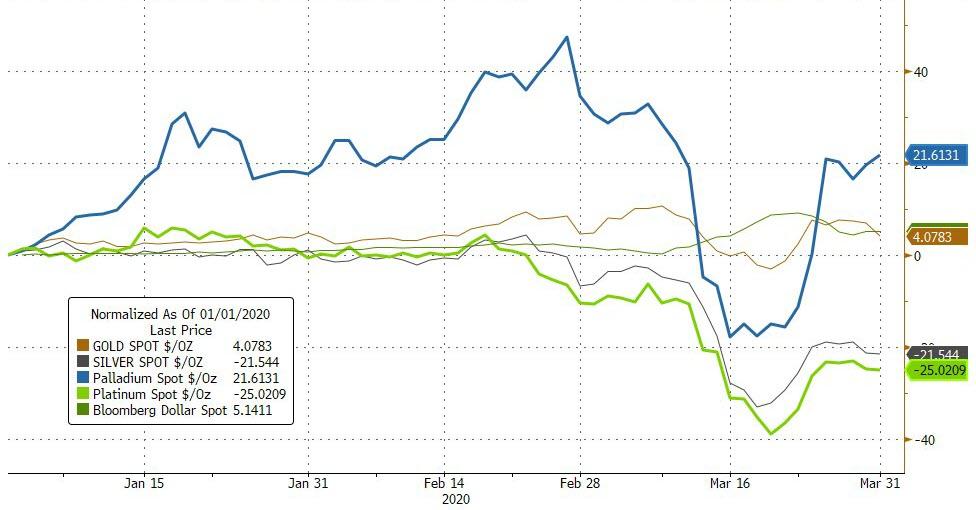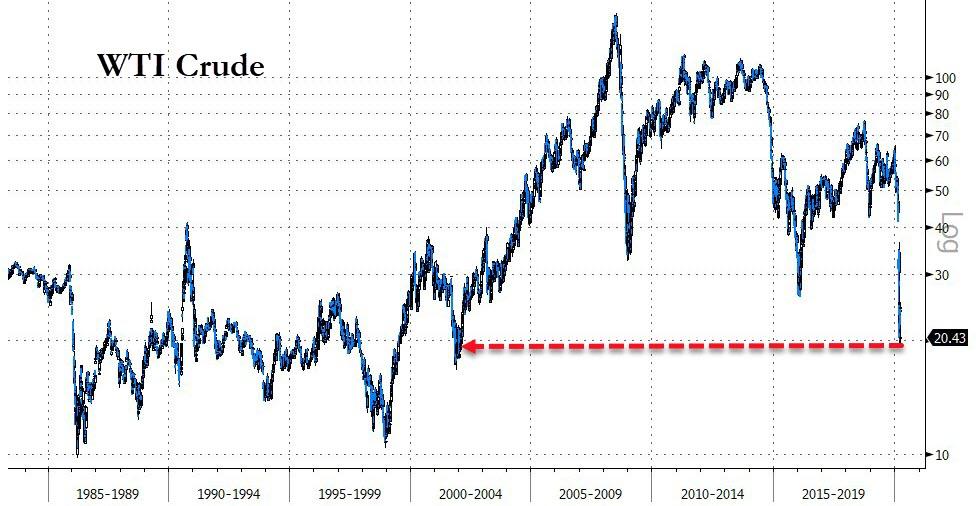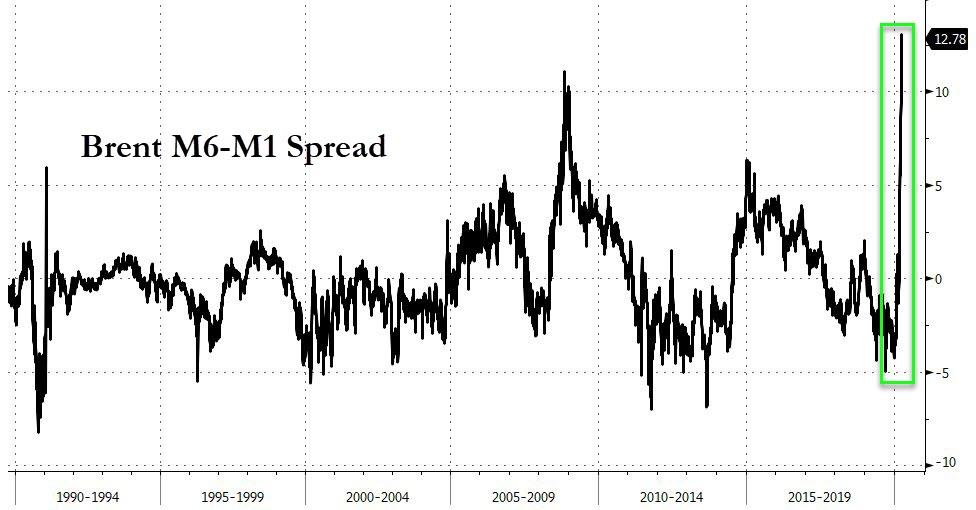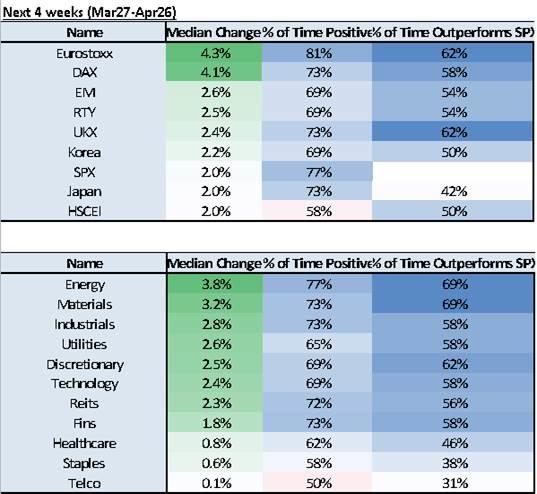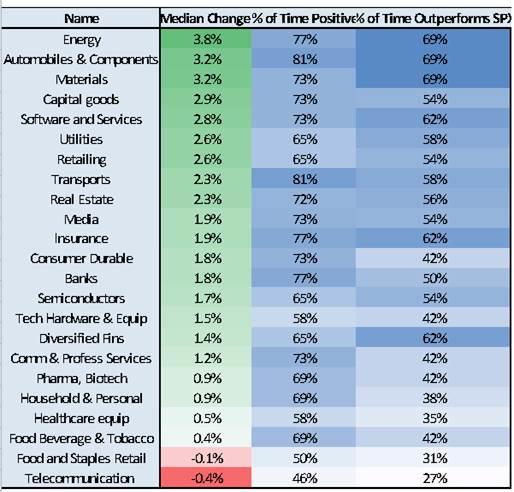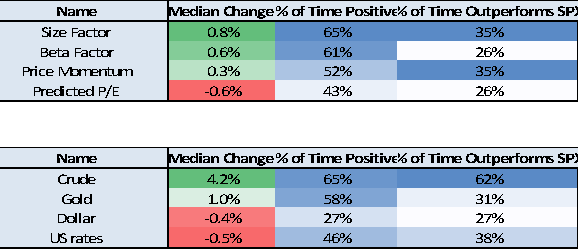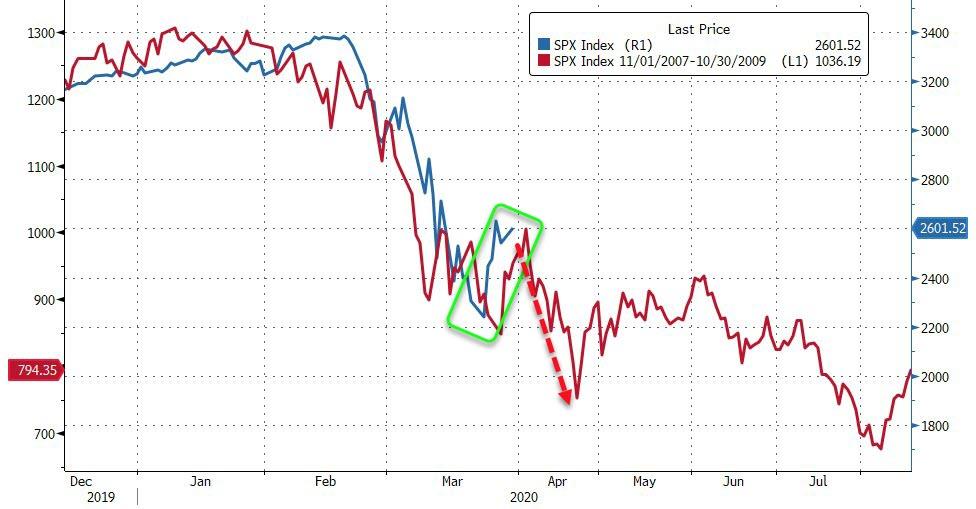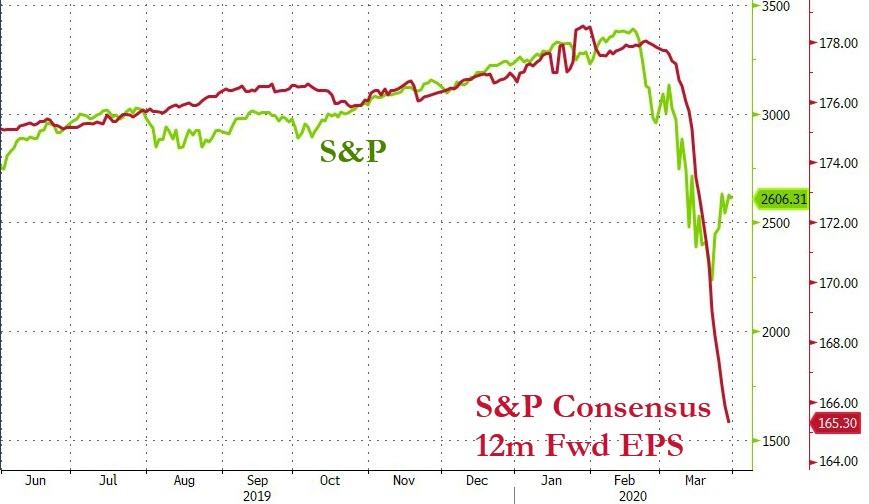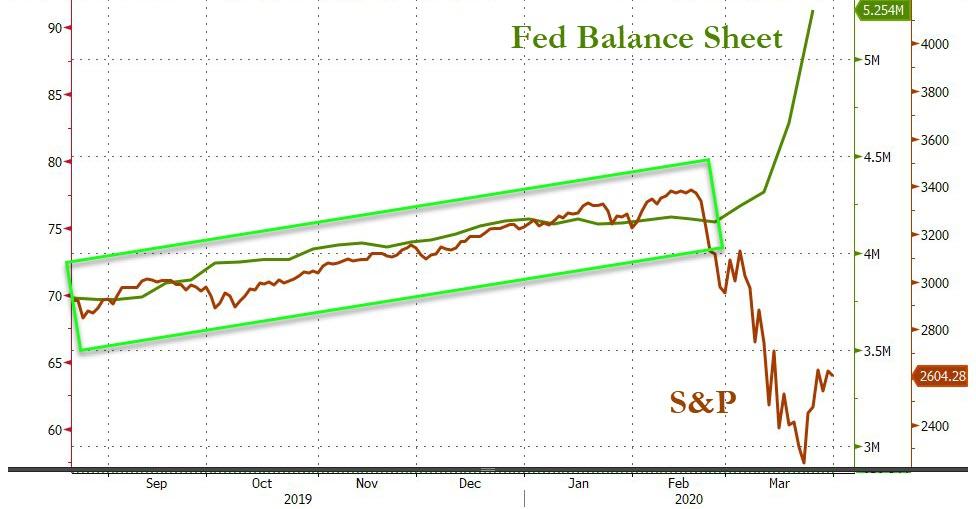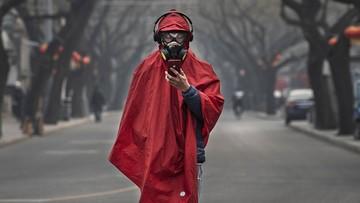Despite spending the past few weeks assuring Americans that wearing a face mask in public is not necessary to stop the spread of COVID-19, the Centers for Disease Control (CDC) is reportedly reconsidering that stance.
According to The New York Times, the CDC is mulling changes to its guidelines for who should be wearing face masks due to evidence that the COVID-19 outbreak is being spread largely by people lacking symptoms of the disease. There is also mounting circumstantial evidence that countries where mask-wearing is more of a cultural norm have had greater success in containing the disease’s spread.
But there’s one big problem with all of that: a shortage of medical-grade N95 face masks.
And one of the reasons why America is facing a face mask shortage is the CDC itself. Hospitals are only allowed to purchase masks from suppliers certified by both the CDC and the Food and Drug Administration (FDA)—though they can accept donations from any source (more on that in a moment). Many foreign companies that make face masks lack those certifications, which limits the imported supply available to meet America’s rising demand.
Even suppliers who are certified to sell masks to Americans have to navigate a weeks-long bureaucratic process before orders can be fulfilled. Suppliers who aren’t certified by those federal agencies can’t legally bring their products into the United States. That means supplies of KN95 masks—a Chinese certification for face masks that 3M Corporation’s personal safety division says are “reasonable to consider….as equivalent” to N95 masks—can’t be imported legally.
Thankfully, markets are finding a way. As Vox reports, mask importers are “navigating a newly formed unofficial gray market” to get NK95 masks into the United States, where demand for protective medical gear is spiking—and will climb further if the federal government tells all Americans to start wearing masks in public at all times.
The FDA and CDC should get out of the way so those ad hoc markets can operate legally.
“Due to the worldwide shortage of N95 masks, the operative question for FDA regulators is not whether a Chinese KN95 mask is preferable to an American N95 mask,” write Alec Stapp, director of technology policy at the Progressive Policy Institute, and Caleb Watney, a tech policy fellow with the free-market R Street Institute, in a forthcoming paper on the regulatory challenges facing face mask suppliers.
“The question is,” they continue, “whether it’s better than the CDC’s recommendation that healthcare professionals ‘might use homemade masks (e.g., bandana, scarf) for care of patients with COVID-19 as a last resort.'”
According to the CDC’s own data, it takes an average of 95 days to approve new certifications for face mask suppliers. That’s far too long, even at the best of times.
Stapp and Watney compare the FDA’s and CDC’s role in the ongoing face mask shortage to how the same federal agencies initially restricted the number of labs that could work to develop COVID-19 testing kits. The federal government should learn from that experience and act quickly to address the shortage of masks by freeing up markets and allowing additional imports, they argue.
Specifically, that means granting immediate exemptions for all domestic manufacturers to by-pass regulatory hurdles and allowing imports from any foreign producer that has a track record of selling products to “peer countries” like Japan and nations in Europe. Purchasers and hospitals should be trusted to conduct quality control testing and spot checks.
That may not be an ideal solution, but these are not ideal times. The global supply chain is ramping up to meet the need created by coronavirus outbreak—but until federal regulators step aside to let markets work, the bureaucracy will only be making a bad situation worse.
from Latest – Reason.com https://ift.tt/2yj1lNa
via IFTTT
